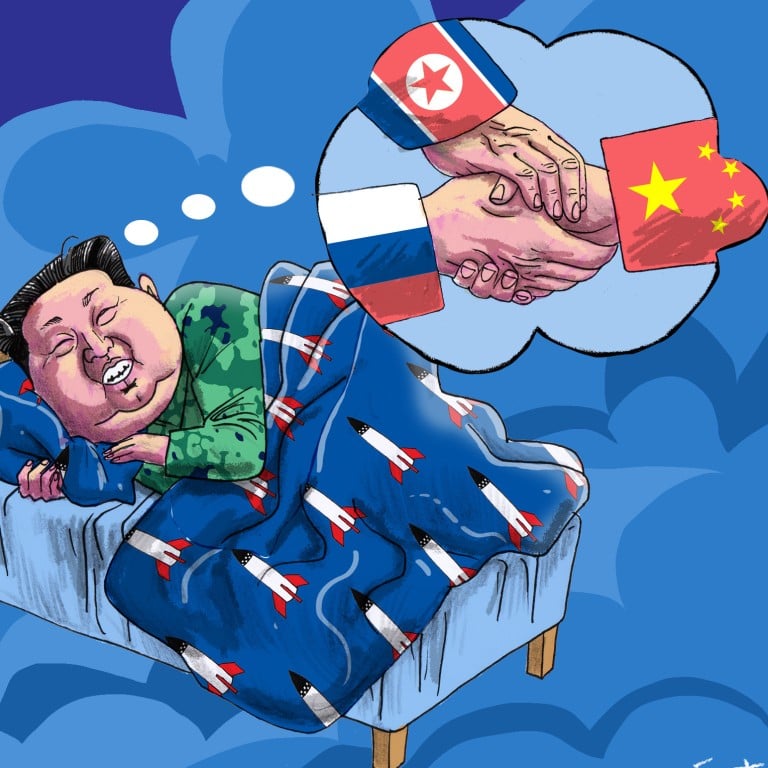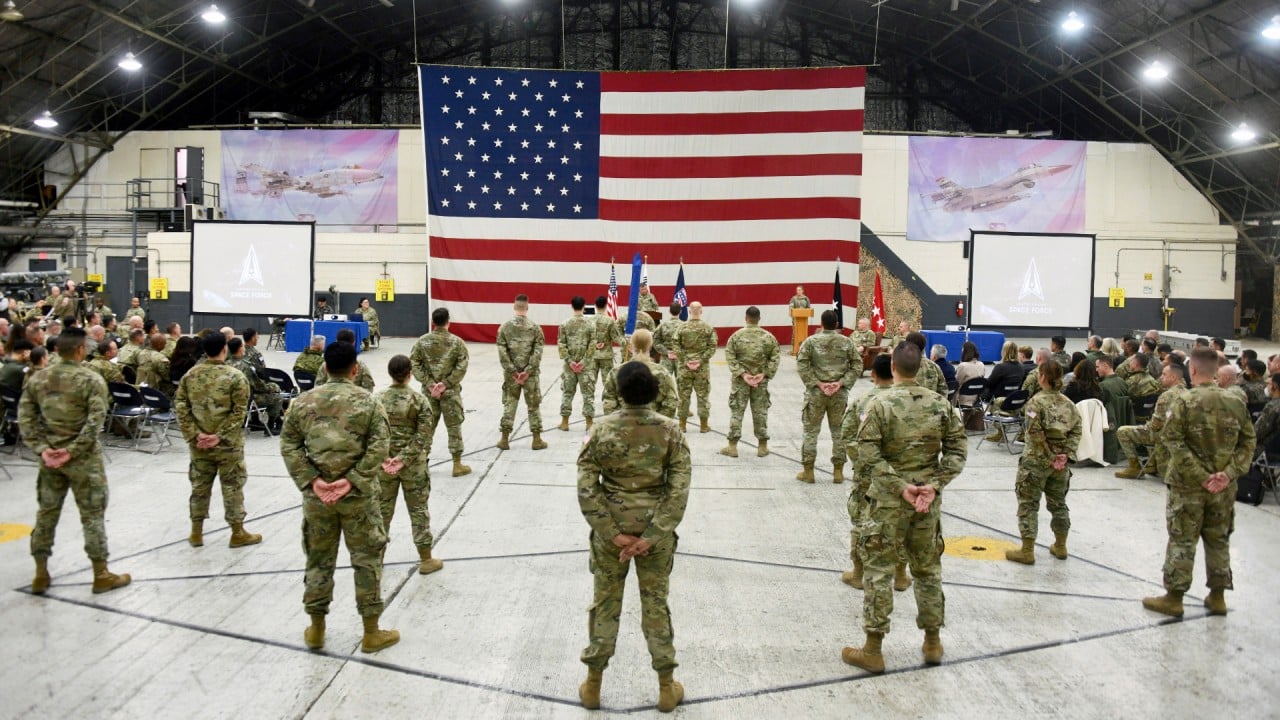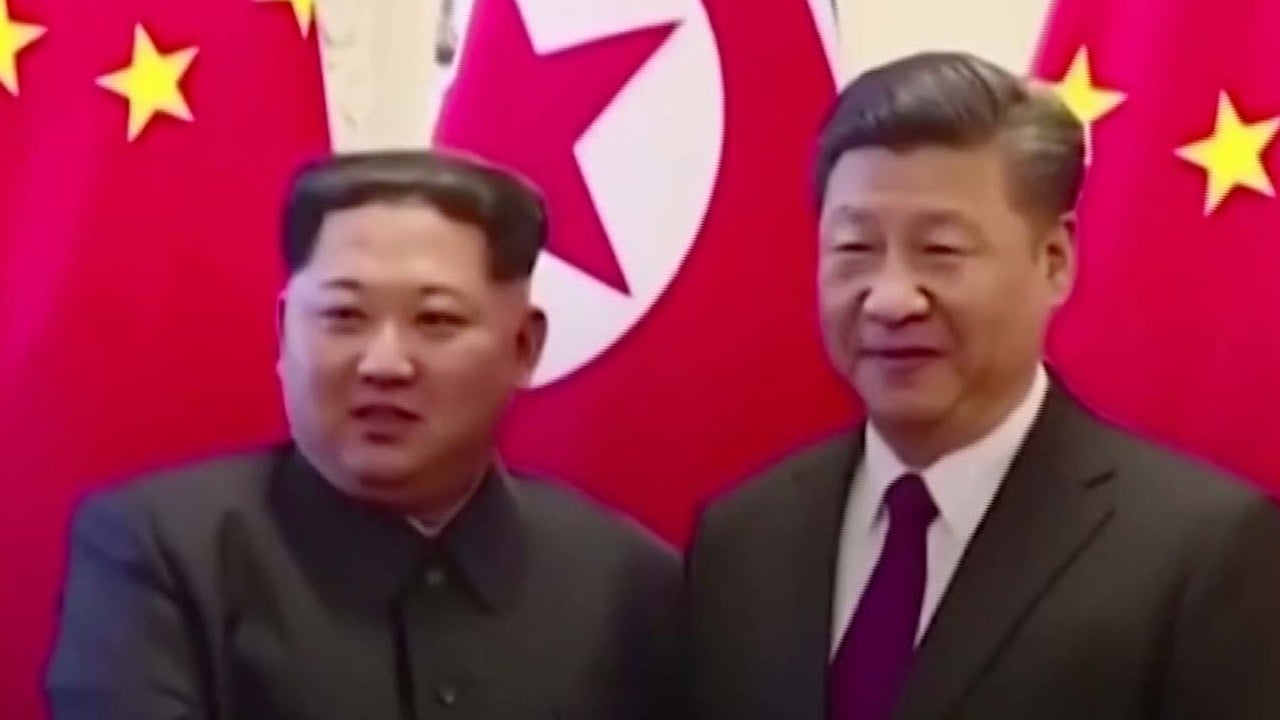
Kim Jong-un’s dream of a North Korean alliance with Russia and China will remain just that
- Such an alliance is not the key to North Korea’s survival, when its threats and crises are internal
- Crucially, both Moscow and Beijing are opposed to its nuclear tests, which destabilise the region. And China will never join such a disadvantageous alliance
Kim Jong-un calculates that North Korea would have a better chance of survival in such an alliance than in trading its nuclear programme for security guarantees, lifting of sanctions and economic development.
But such an alliance would neither provide security nor enhance survival for North Korea. There are four reasons.
First, the threats and crises faced by North Korea do not stem from military threats, but from internal contradictions, turmoil and malaise.
There are five internal contradictions of particular significance:
-
One is the inconsistency between the ruling ideology (Juche) and reality. North Korea’s paradigm of state development, allegedly a scientifically advanced and sublimated form of socialism, has resulted in a dire socio-economy.
-
Two, the small coalition system of leadership, which provides privilege and rewards in return for loyalty to the leader, has collapsed.
-
Three, to alleviate famine during the 1990s, the government turned over its means of production to private entities. This led to the proliferation of the shadow economy, which constitutes an estimated 70 per cent of gross domestic product. The state has lost control of the economy and the system breeds corruption, undermining the legitimacy of the “supreme leader”.
-
Four, owing to the breakdown of the state, the rationing system, which fosters loyalty and controls mobility, has eroded.
-
Five, the UN Security Council sanctions placed on North Korea in 2017 and its Covid-19 border shutdown have destroyed the economy. The value of merchandise exports to China decreased by around 90 per cent between then and 2021. Inflation and stagnation keep the government from raising enough revenue.
The second reason North Korea’s alliance ambitions will fail is that China will not recognise it as a de jure nuclear state. While China supports North Korea to counter US influence, it does not allow North Korea’s belligerence to destabilise the peninsula, whether from missile or nuclear weapon tests. China does not want the US to have a pretext to bolster its military presence in South Korea and Japan.
Third, nuclear weapons are ultimately defensive assets. North Korea will never be able to attack the United States and its allies with nuclear arms. As former French foreign minister Hubert Védrine noted in 2007, “a country that possesses the bomb does not use it and automatically enters the system of deterrence and doesn’t take absurd risks.”
North Korea’s Kim Jong-un must be talked down before game of dare escalates
Regardless of how much North Korea stockpiles warheads and refines missile delivery systems, it will not be able to use nuclear weapons to achieve its strategic objectives, especially in bringing South Korea under Northern rule.
Should North Korea’s nuclear tests continue, so will instability on the peninsula, which the US will use as a pretext to bolster its military presence in the South. This will impinge upon the interests of China and Russia, which have supported US-led sanctions in response, and will continue to do so.
Kim is a rational actor struggling to survive. Nuclear weapons are a means to an end. To stay in power, Kim may trade nuclear weapons for a future that would sustain his regime.
Lastly, the alliance will not be established because China, whose membership is key to success, will not join, for two reasons.
China must prepare for a Russia weakened by Ukraine war, analysts say
Had Russia achieved its strategic military objectives, China’s approach to Russian relations could have been otherwise. Military and economic cooperation with Russia now would lead to punitive measures and make the relationship a liability.
A security alliance with either country would be detrimental for China; in a trilateral alliance, the disadvantages would vastly exceed the benefits. It is not an arrangement China will agree to.
Dr Chan Young Bang is the founder and president of KIMEP University, principal investigator at North Korea Strategic Research Centre, and a former economic adviser to the first president of Kazakhstan, Nursultan Nazarbayev



